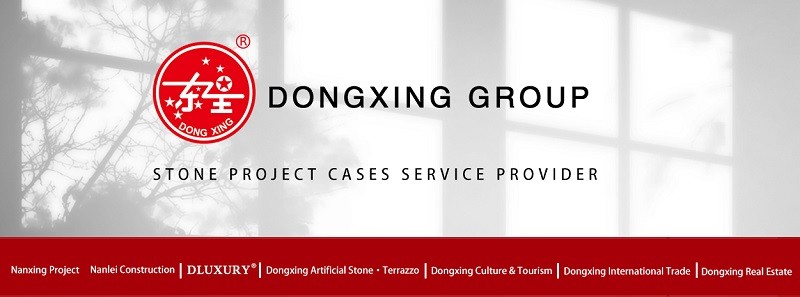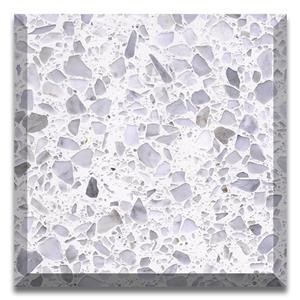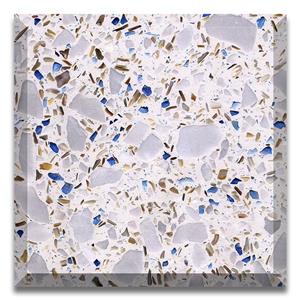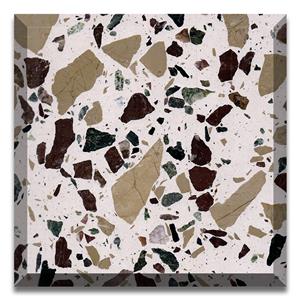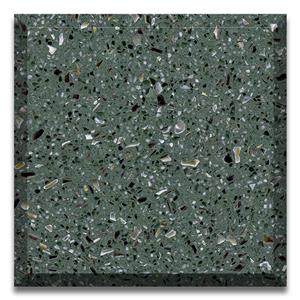Quartz Countertop Thickness: Optimal Choices for Premium Interiors
Quartz Countertop Thickness: Optimal Choices for Premium Interiors
Selecting the appropriate thickness of quartz countertop is a crucial element in any high-quality kitchen or bathroom renovation. The slab thickness directly influences not only the structural integrity and longevity of your quartz countertops, but also their aesthetic appeal, installation complexity, and long-term maintenance requirements.
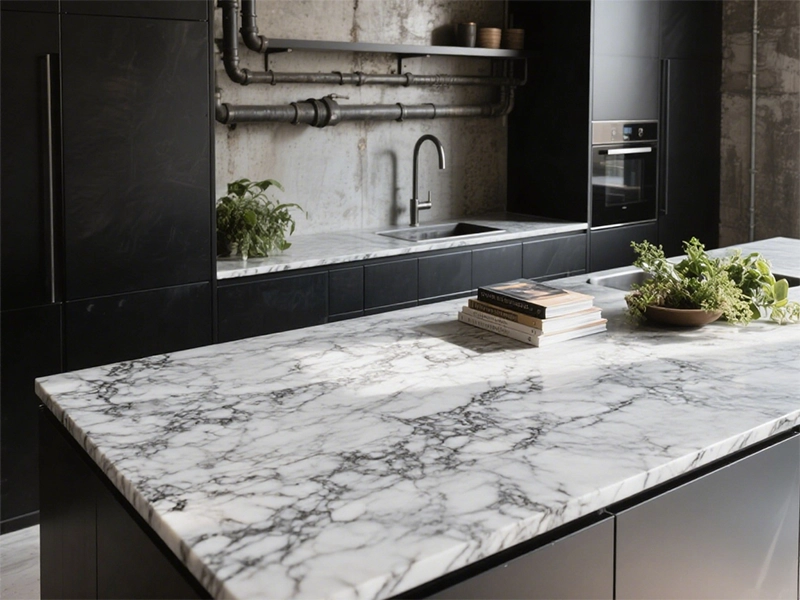
Why Thickness Is Critical for Quartz Countertops
Engineered quartz surfaces are manufactured by compacting natural quartz crystals with advanced polymer resins under intense pressure. The resulting quartz slabs vary in thickness, with each option imparting distinct performance characteristics and design possibilities.
Thin quartz profiles present a streamlined, contemporary look favored in minimalist architecture, yet they are inherently more susceptible to impact damage if not properly supported. Conversely, thicker slabs offer enhanced rigidity and resilience, ensuring they can withstand significant loads and intensive daily use.
Choosing the optimal thickness of quartz countertop is therefore not merely a stylistic decision, but a fundamental consideration in achieving a durable and sophisticated surface.
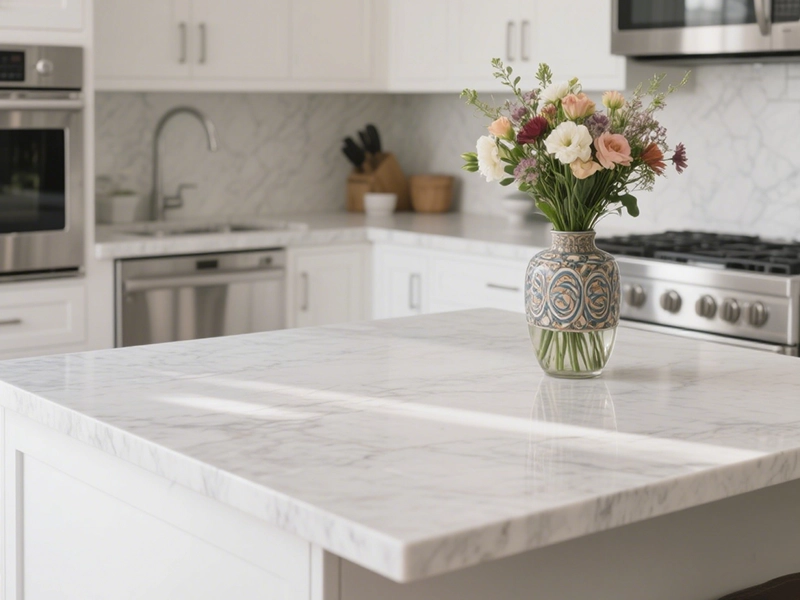
Industry-Standard Quartz Slab Thicknesses
Quartz slabs are commonly produced in three thicknesses, each calibrated for specific applications:
✅ 12mm (~1/2 inch)
Best suited for secondary surfaces with minimal load-bearing requirements, such as powder room vanities or vertical cladding.
Complements ultra-modern, sleek interiors prioritizing a minimal profile.
Demands continuous, stable substrate support to prevent structural failures.
✅ 20mm (~3/4 inch)
The predominant choice for quartz countertops in residential and light-commercial environments.
Provides a balanced combination of mechanical strength, design versatility, and cost-efficiency.
Ideal for standard kitchen worktops, bathroom counters, and moderate-use hospitality installations.
✅ 30mm (~1 1/4 inches)
Engineered for premium applications requiring maximum durability, particularly in high-traffic kitchens or commercial food service settings.
Conveys an impression of substantial luxury, especially when paired with elaborate edge profiles.
Significantly heavier, necessitating reinforced cabinetry and professional installation.
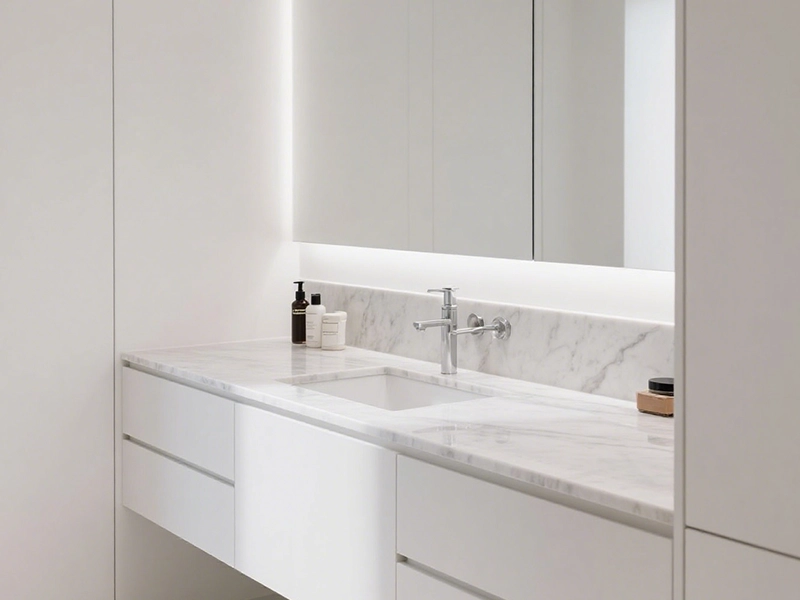
Assessing the Trade-offs Between Thin and Thick Quartz Slabs
Advantages:Reduced material weight facilitates simpler handling and quicker installation timelines.Cost-effective for projects with tight budgets or where aesthetic priorities override durability.Ideal for avant-garde design schemes seeking refined, understated lines.
Disadvantages:Greater vulnerability to stress fractures and localized chipping, especially in unsupported spans.Limited applicability in high-use areas demanding superior impact resistance.Standard and Thick Quartz Countertops (20-30mm)
Advantages:Superior structural performance, ensuring prolonged lifespan even in demanding environments.Accommodates intricate edge treatments, expanding design possibilities.Projects a premium, opulent aesthetic appropriate for high-end interiors.
Disadvantages:Considerably increased weight imposes additional logistical and installation challenges.Elevated material and labor costs, potentially exceeding budget constraints.

Key Considerations for Selecting Quartz Countertop Thickness
✅ Functional Requirements
Evaluate anticipated usage patterns: heavy culinary activity favors thicker slabs, while lightly used spaces may suffice with thinner profiles.
✅ Design Intent
Determine whether your vision aligns with streamlined contemporary surfaces or classic, robust countertops.
✅ Financial Parameters
Balance upfront investment against expected durability and replacement frequency; thicker quartz slabs often represent a better long-term value proposition.
✅ Structural Support
Ensure cabinetry and substructures are rated to accommodate the selected slab’s weight, particularly for overhangs or expansive islands.
Final Recommendations
The right thickness of quartz countertop is essential for crafting a visually stunning, high-performance kitchen or bathroom. While thin profiles may achieve minimalist aesthetics in niche applications, 20mm slabs are typically optimal for residential installations, offering a compelling blend of practicality and style. For luxury projects or intensive commercial use, 30mm slabs deliver unmatched robustness and a commanding presence.
Consulting an experienced quartz fabricator or design professional is strongly recommended to tailor your selection to the unique parameters of your project, ensuring flawless execution and enduring satisfaction with your quartz countertops.
